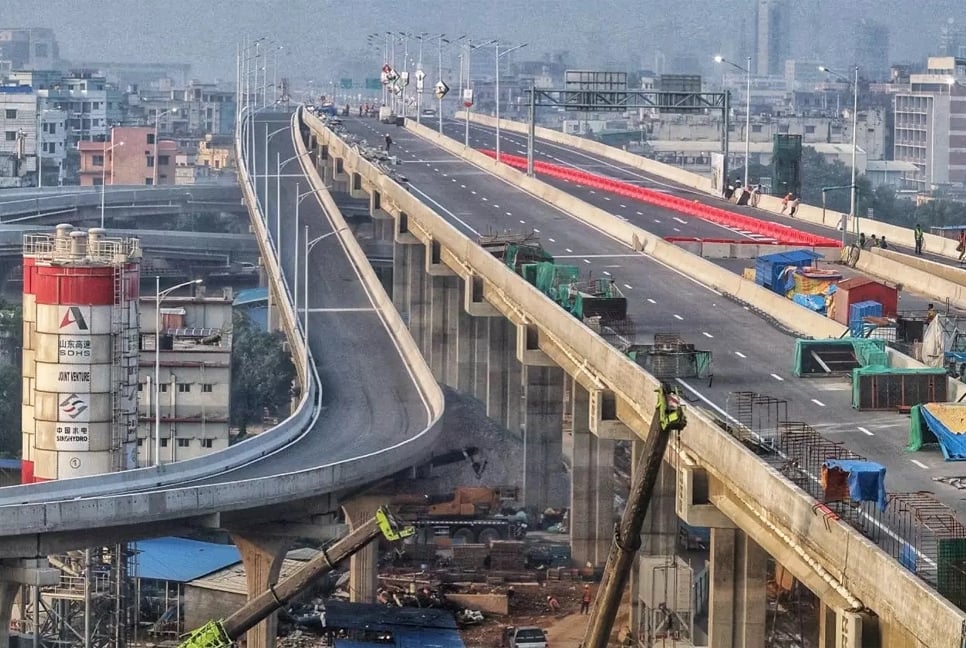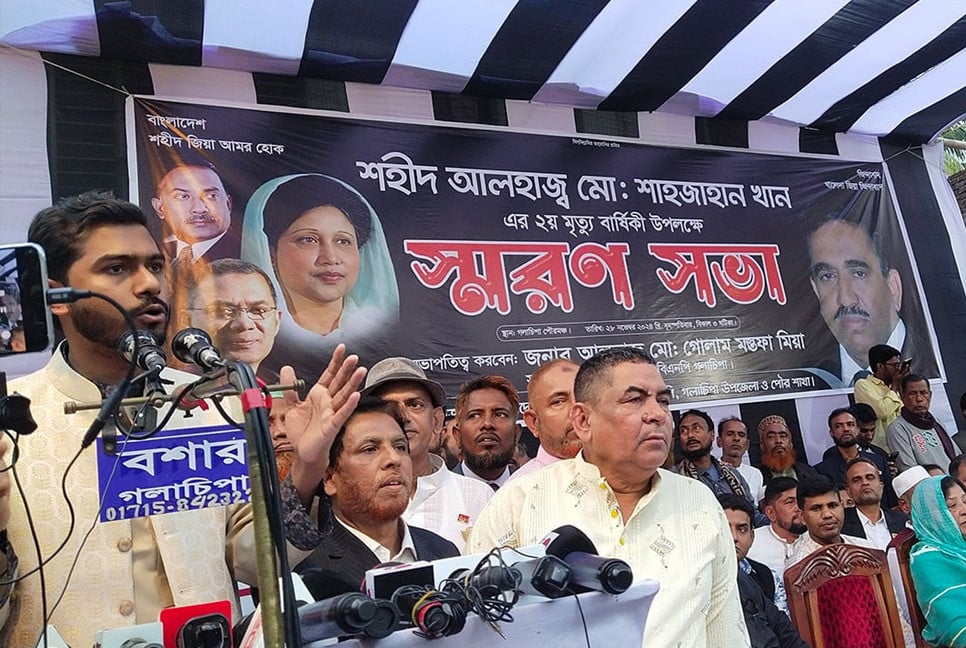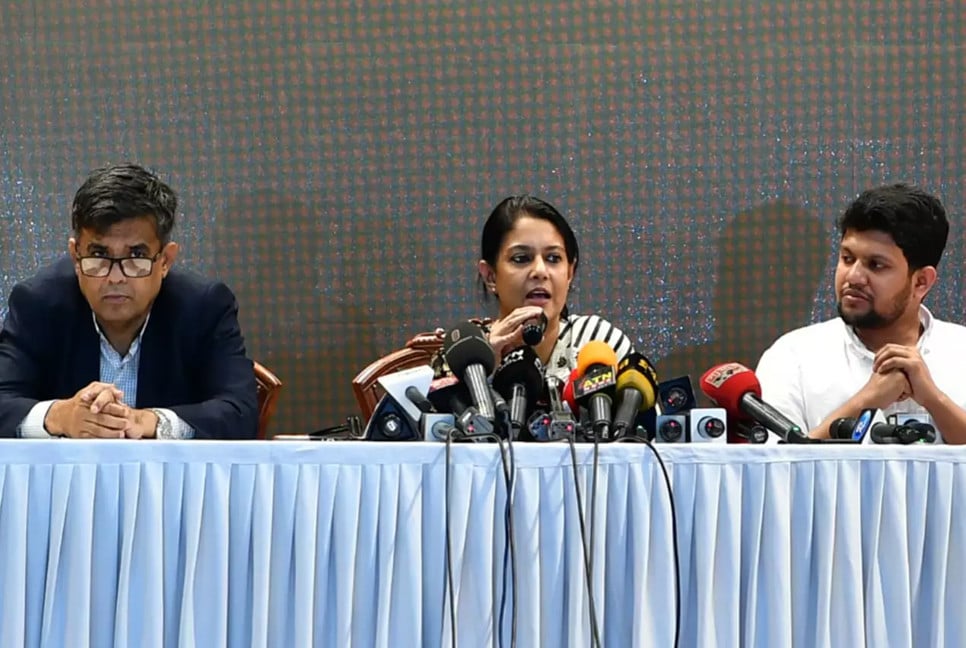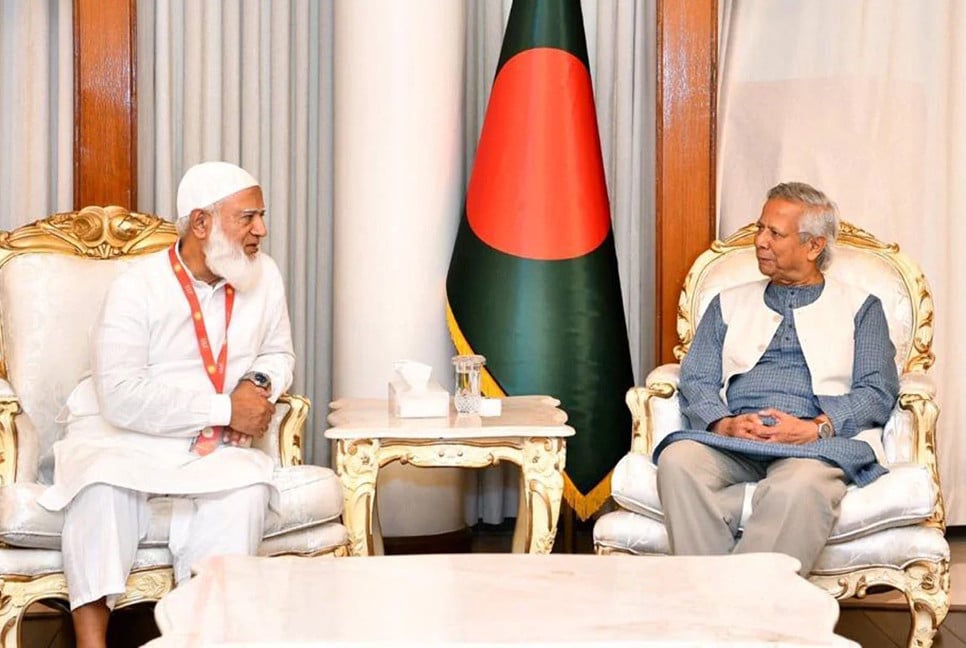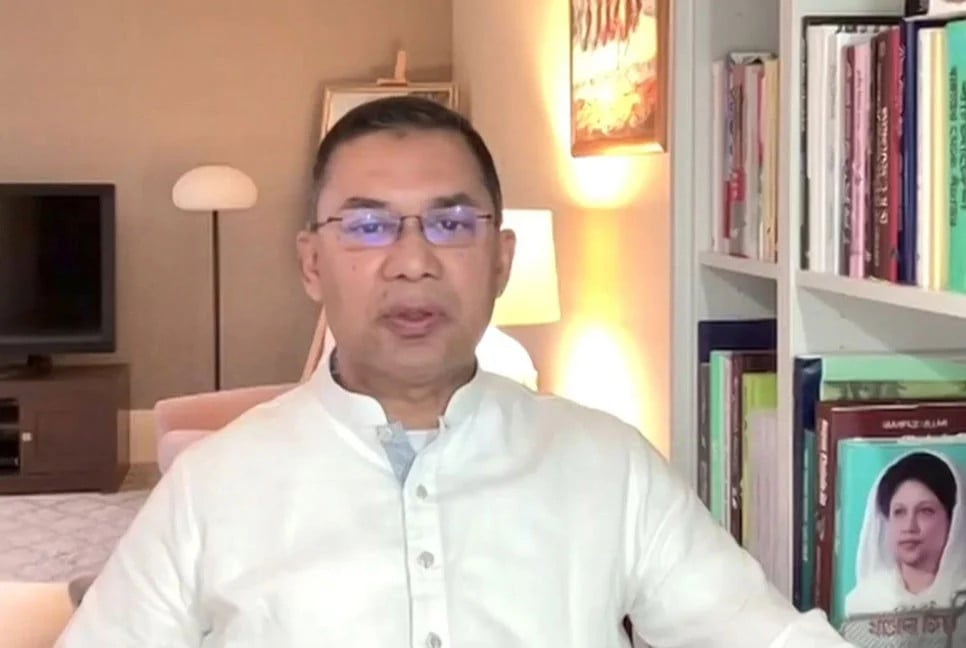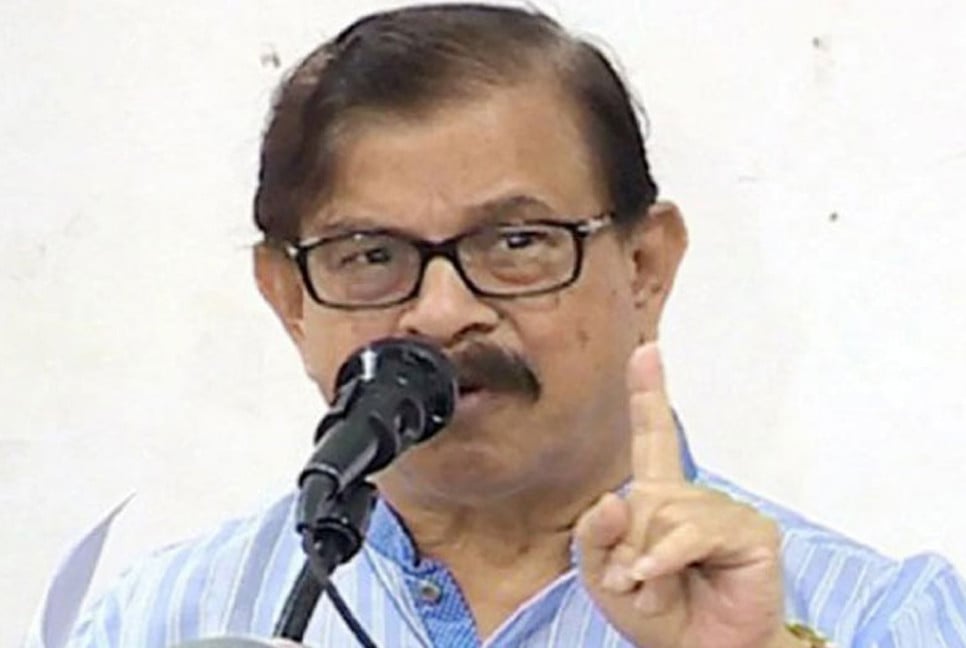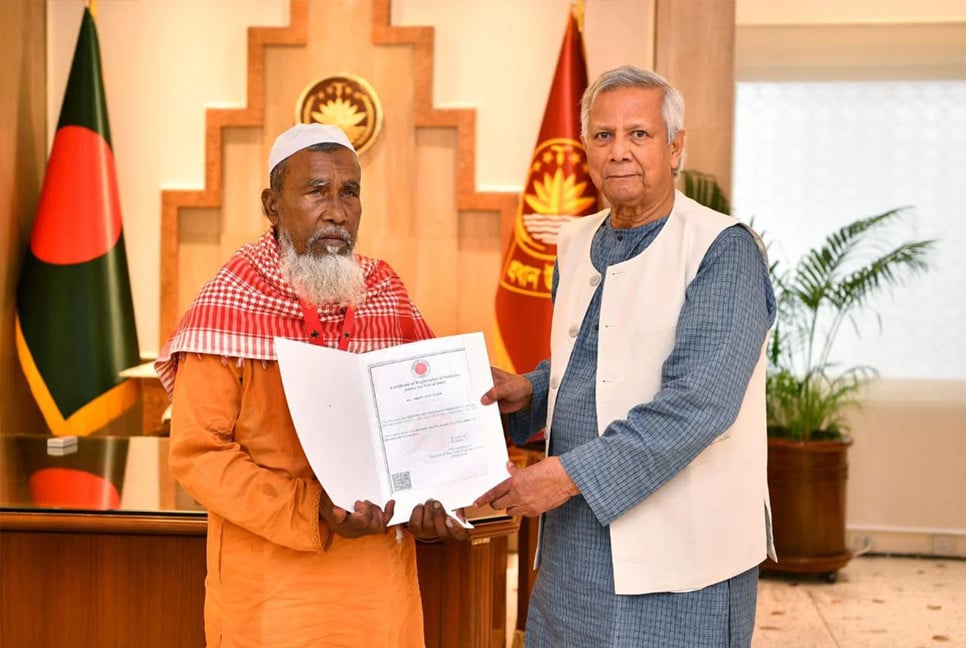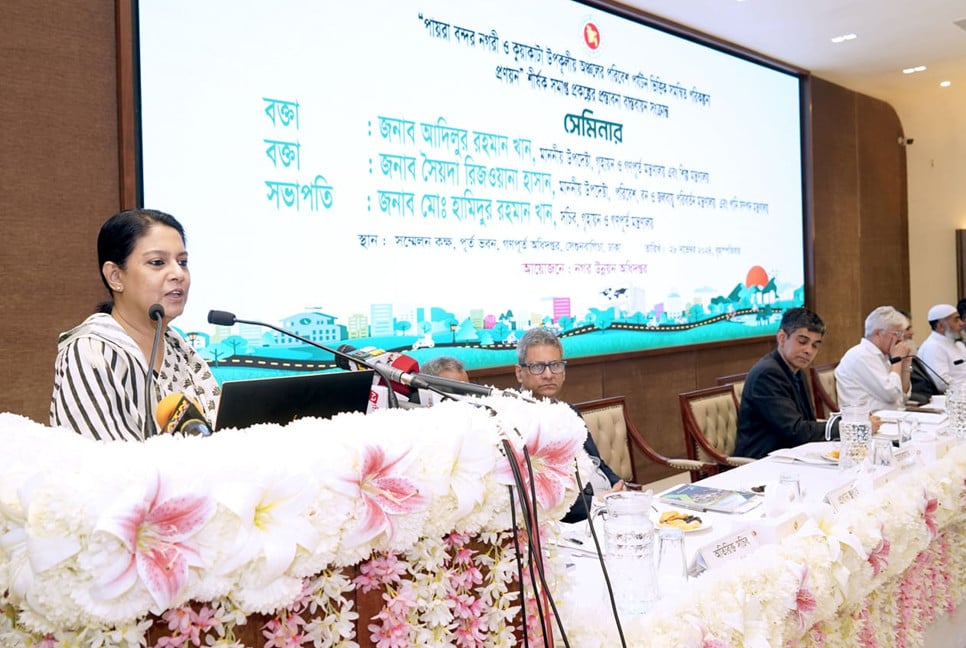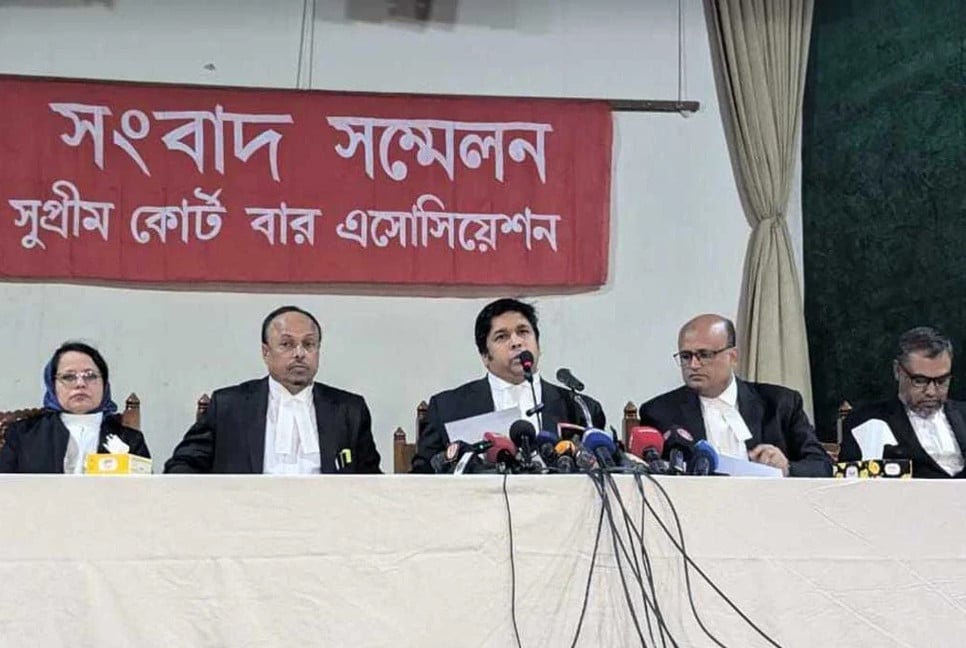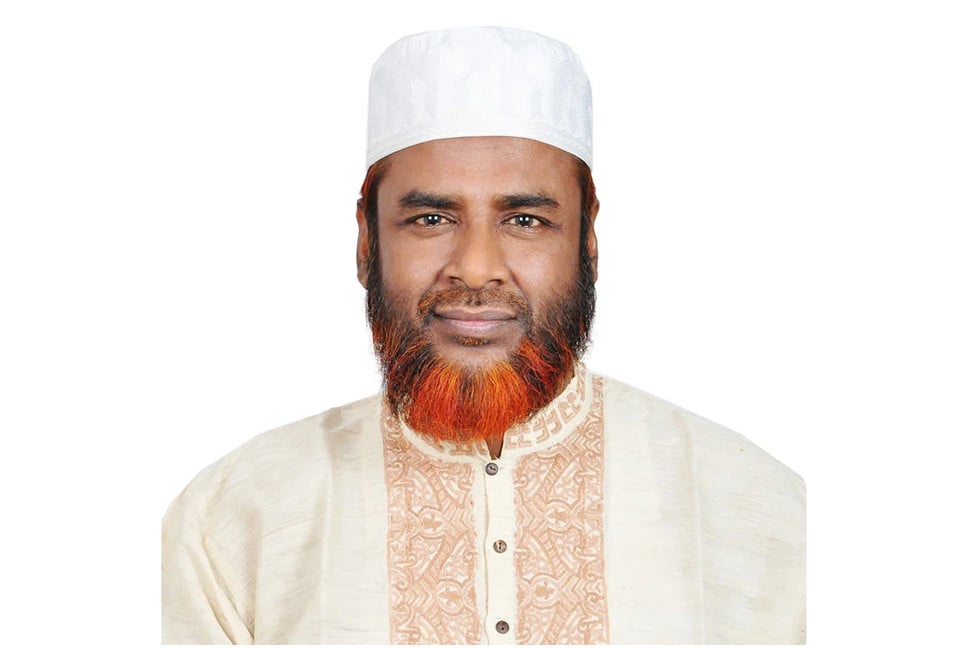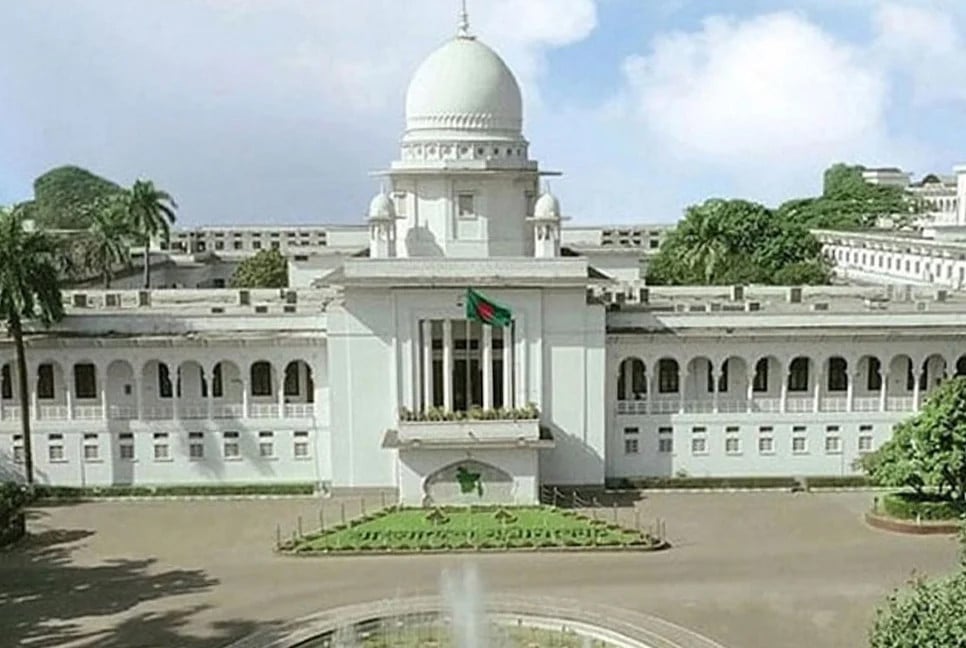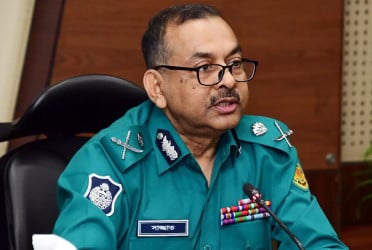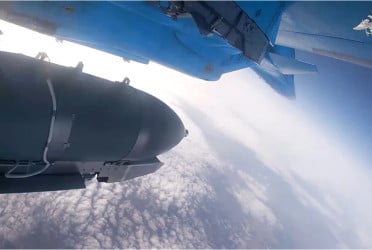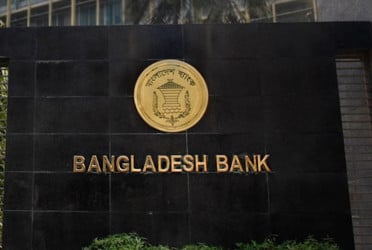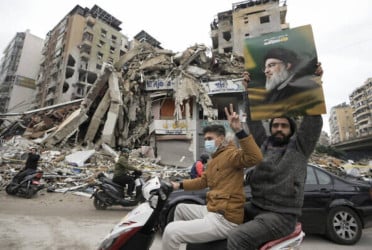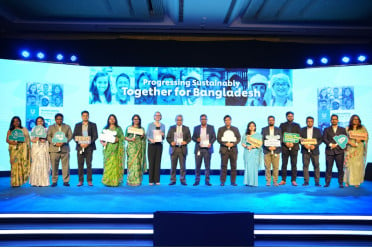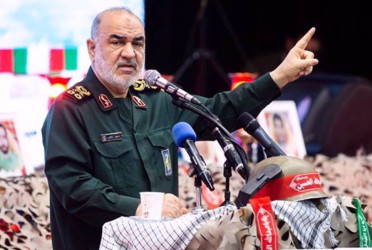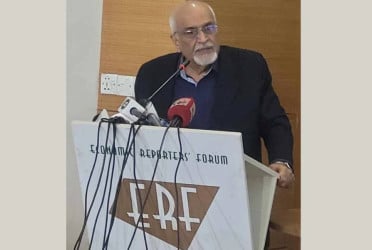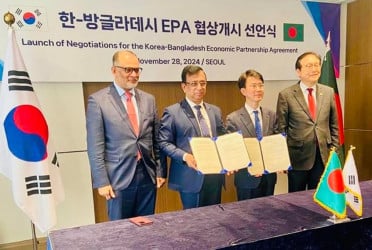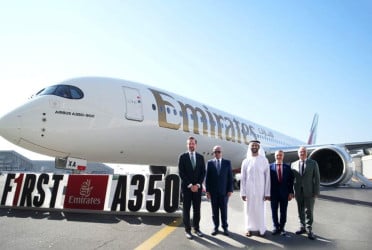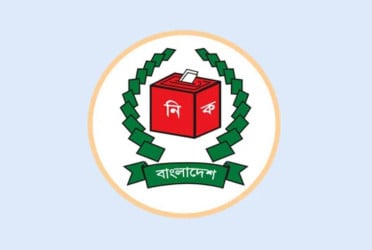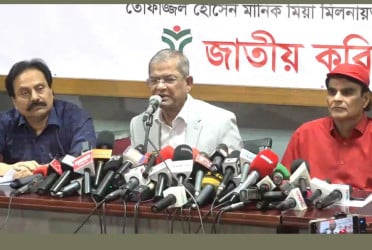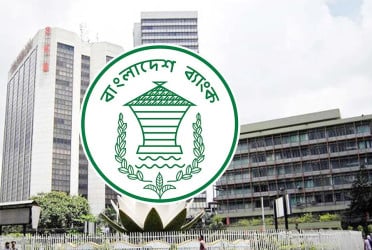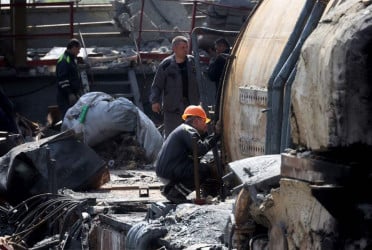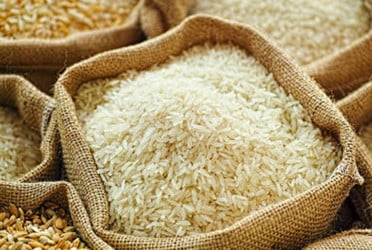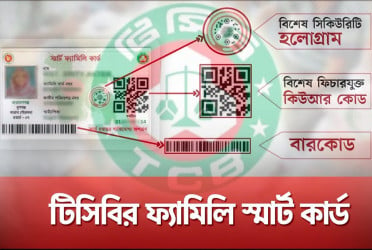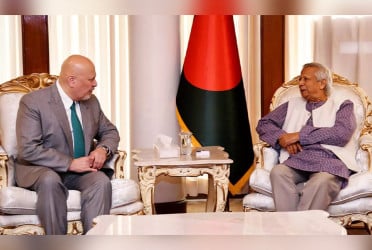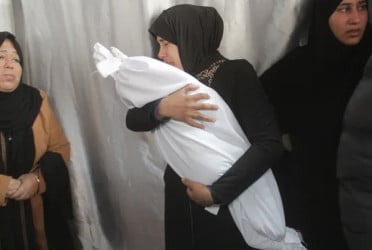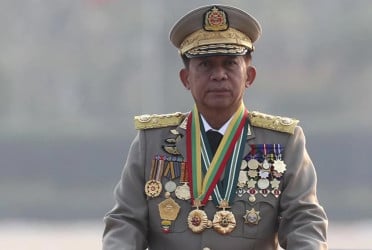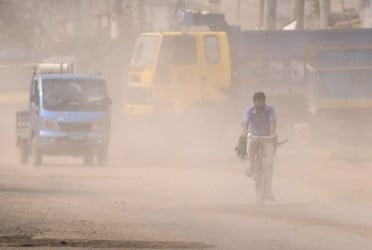The government plans to substantially increase public investments across key sectors such as road, rail, bridge, shipping, civil aviation, and telecommunications. These initiatives are strategically aimed at transforming Bangladesh into an upper middle-income country by 2031 and a smart developed country by 2041, reports UNB.
According to the 'Medium Term Macroeconomic Policy Statement (2023-24 to 2025-26)', the government plans to allocate Tk 963.9 billion in the fiscal year 2024-25, escalating to Tk 1060.3 billion in 2025-26. This increase follows an investment of Tk 876.3 billion for the current fiscal year, emphasising a significant boost in funding for various development programs.
The policy document highlights the critical role of an integrated and cost-effective transport and communication system in fostering economic growth, enhancing trade, and ensuring social integration. It states that an efficient transport and logistics system is essential for smooth supply chain management and to effectively compete on a global scale.
Specifically, the Road Transport and Highways Division is implementing projects to establish an advanced and sustainable road transport system, including the construction of multi-lane highways, elevated expressways, and new bridges.
These efforts are complemented by plans to widen 1100 km of highways, repair and maintain 1250 km, and rebuild 450 km of highways, along with 7300 meters of bridges and culverts.
In Dhaka city, the government is focusing on reducing traffic congestion by advancing the metro rail lines, a move poised to significantly improve urban mobility.
The railway sector is also undergoing transformation under a 30-year master plan aimed at making it a dependable, affordable, modern, and people-friendly mode of transport. Initiatives include connecting every district with a railway network, upgrading tracks, and modernising the signaling system. By FY 2025-26, the government aims to construct 275 km of new railway track and reconstruct 210 km of existing lines.
The document also outlines ambitious plans for the water transport system, noting its importance in the integrated multi-modal transport framework. The Ministry of Shipping is executing extensive programs for the enhancement of inland waterways, seaports, and land ports, along with significant dredging efforts to maintain river navigability.
Amidst rising demand for air travel, both domestically and internationally, the Ministry of Civil Aviation and Tourism is undertaking projects to expand passenger handling capacities and enhance facilities at airports. These upgrades are part of a broader strategy to position Bangladesh as a regional hub for international passenger transport.
These comprehensive plans not only aim to modernize Bangladesh's infrastructure but also serve as a cornerstone for the country's ambitious economic development goals.
Bd-pratidin English/Tanvir Raihan

